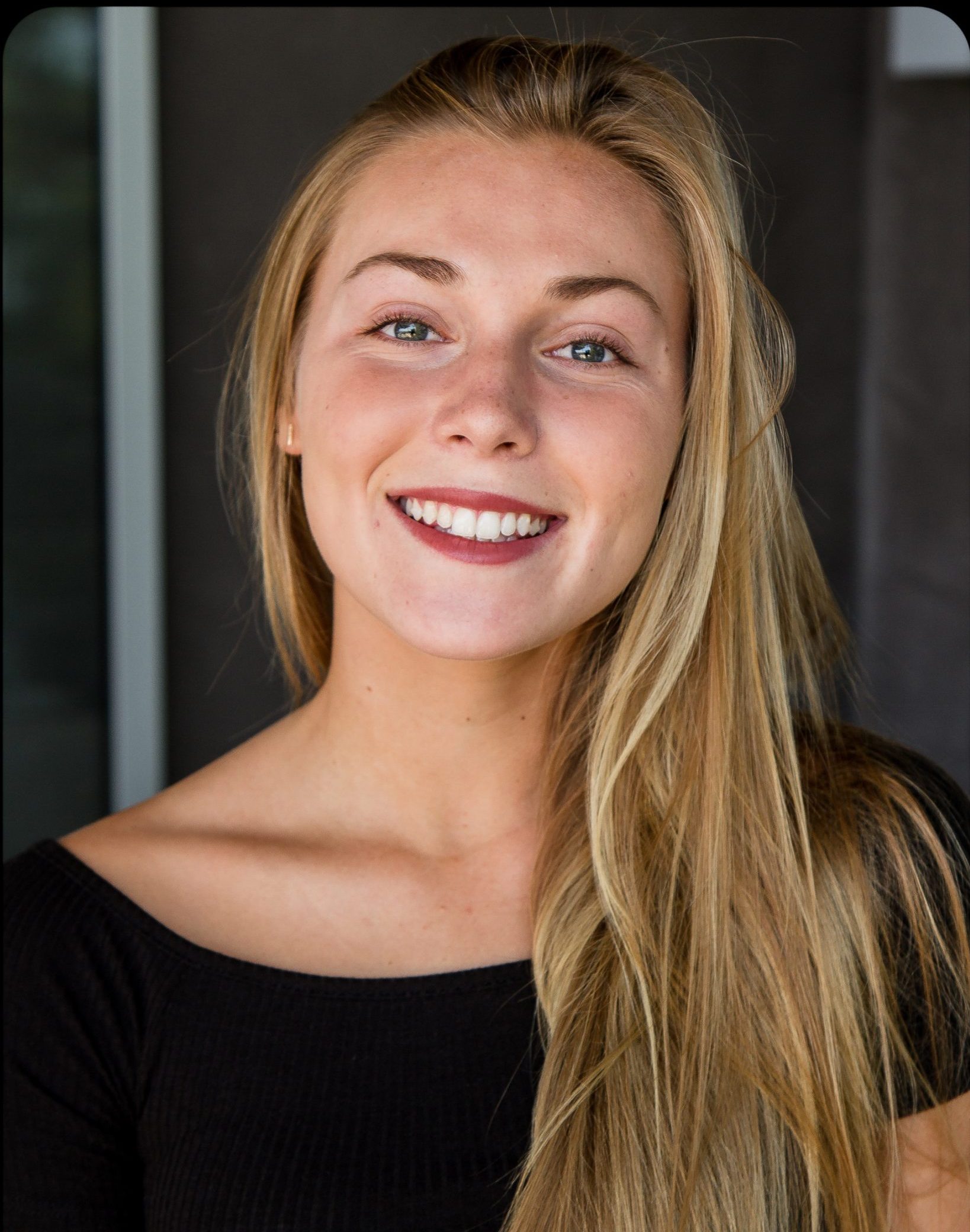Professional athletes can seem larger than life. To people of all ages they are inspirations and icons, and as a result, every second they spend on the field, court, pool or track is scrutinized. But who do they become when they take a step away from the athletic realm? Former United States women’s national soccer team (or USWNT) standout Julie Foudy can help answer that question. Through her 14-month-old podcast titled “Laughter Permitted,” Foudy provides a platform for athletes to share stories of their lives on and off the field.
“ESPN was silly enough to give me the green light on a podcast and it’s called ‘Laughter Permitted,’” Foudy explains in her trailer. “This much I promise … it will be entertaining, it will be inspiring and yes, of course, it will be juicy.”
Foudy knows well the chaos that arises from the intersection of sports and life, particularly from a female standpoint. A star player on the ‘91 and ‘99 World Cup championship teams, as well as an Olympic gold medalist in ‘96 and ‘04, Foudy created the podcast to have candid conversations with other trailblazing female athletes like herself.
Already 39 episodes in since March of 2019, Foudy has had an impressive array of guests. So far the majority have been current and former players of the USWNT, with names like Mia Hamm, Abby Wambach, Tobin Heath, Carli Lloyd, Julie Ertz, Rose Lavelle and Brandi Chastain, to name a few. Foudy even welcomed former USWNT coach Jill Ellis for an episode, where the two discussed Ellis’ upcoming retirement and her many accomplishments, including her title as the “most winningest coach in USWNT history.”
Aside from soccer players, Foudy has also hosted gymnast Simone Biles, track and field runner Allyson Felix, Olympic fencer Ibtihaj Muhammad and even mental skills coach Dr. Colleen Hacker. With voices from a wide variety of sports and sports-related professions, Foudy makes sure to include a comprehensive range of individuals. But it’s what these individuals do outside of their sport that really gives them their superhuman qualities.
From Colin Kaepernick’s decision to kneel to the USWNT lawsuit for equal pay, athletes are some of the most influential political leaders in the world. That’s why one of the best parts of the podcast, apart from the often hilarious anecdotes that Foudy so seamlessly pulls out of her guests, is the way the athletes open up about individual hardships and personal connections to various political and humanitarian issues.
In the opening episode of Season 3, Foudy hosts USWNT teammates and power couple, Ali Krieger and Ashlyn Harris. Amidst the discussion of the pair’s glamorous wedding day, Harris explained how exciting it was that their engagement and wedding ceremony were covered by a publication as famous as Vogue. Their celebrity status gives the pair a platform with which they are able to uplift and inspire the LGBTQ+ community that they identify with.
“It’s very special to us and our community to be able to open a magazine and see two women together,” says Harris. “Because when I was a child I didn’t have that, I didn’t get to look up at a billboard and see two men or two women or a trans person or anyone in our community visible. […] Visibility is so huge and we need more of it.”
“Laughter Permitted” gives the opportunity for seemingly invincible celebrities like Harris and Krieger — who call themselves “the one-percenters” based on their unique tenacity and drive to be great — a way to be honest and open about the human experience. Whether it’s Jessica McDonald’s story of being a single mother while playing professional soccer, Amy Van Dyken’s life-altering spinal cord injury that put an end to her Olympic swimming career or Ibtihaj Muhammad’s accomplishment of being the first Muslim American woman to compete for the U.S. in the Olympics wearing a hijab, every guest on the show gives listeners an intimate look into the major challenges faced by both athletes and non-athletes alike.
Although it seems like “Laughter Permitted” has covered every issue that could possibly be discussed, it was only in the latest three episodes that the conversation revolved around the topic of race. Aligned with the times, Foudy decided to invite former teammates Danielle Slaton and Saskia Webber, as well as call back previous guests Crystal Dunn and Jessica McDonald, to have what she calls “a long-overdue conversation.”
In these particular episodes of “Laughter Permitted,” Foudy asks the question that many Americans have been wondering: Why do you think we never talk about racism? “We’ve had a lot of conversations about this podcast and how we can do better in light of the protests happening right now against racial injustice and police brutality against the Black community,” Foudy explains. While she has had Black athletes on her podcast before, she realizes that race had somehow never come up. “That is something we want to change going forward, and we want to start that change right now.”
In response to Foudy’s original question, Danielle Slaton explains that as a Black athlete in a predominately white sport like soccer, she had to try extra hard to fit in. If she experienced racism, she felt like she needed to turn her cheek and let it go as to avoid standing out. “Do I want to make waves? Do I want to make people feel uncomfortable? I mean, I just wanted to play soccer,” Slaton explains.
However, not talking about race meant not being able to share a huge part of their identities and experiences with their teammates. Saskia Webber talks about being kicked out of a host family’s house during a tournament because the family didn’t want a Black child under their roof, while Slaton shares her experience being called a racial slur by a member of an opposing team during a game. The experiences that these athletes felt they needed to hide are the exact experiences that Foudy explains she and the rest of her white teammates and fellow athletes need to hear to shake them from only seeing through a white lens.
“It’s nice to now have a platform, in comparison to when my grandmother was my age where she had no platform, no voice,” Slaton says. “We have a voice now and it’s time to take advantage of that.”
While “Laughter Permitted” with Julie Foudy is only one small podcast, it still plays a role in the foundation of the platform Slaton refers to. Hearing relatable, heart-wrenching and inspiring stories from beloved athletes gives listeners something to hold on to and believe in. Thus, the scrutiny that comes with being a famous athlete is paired with the ability to change in the world.

















